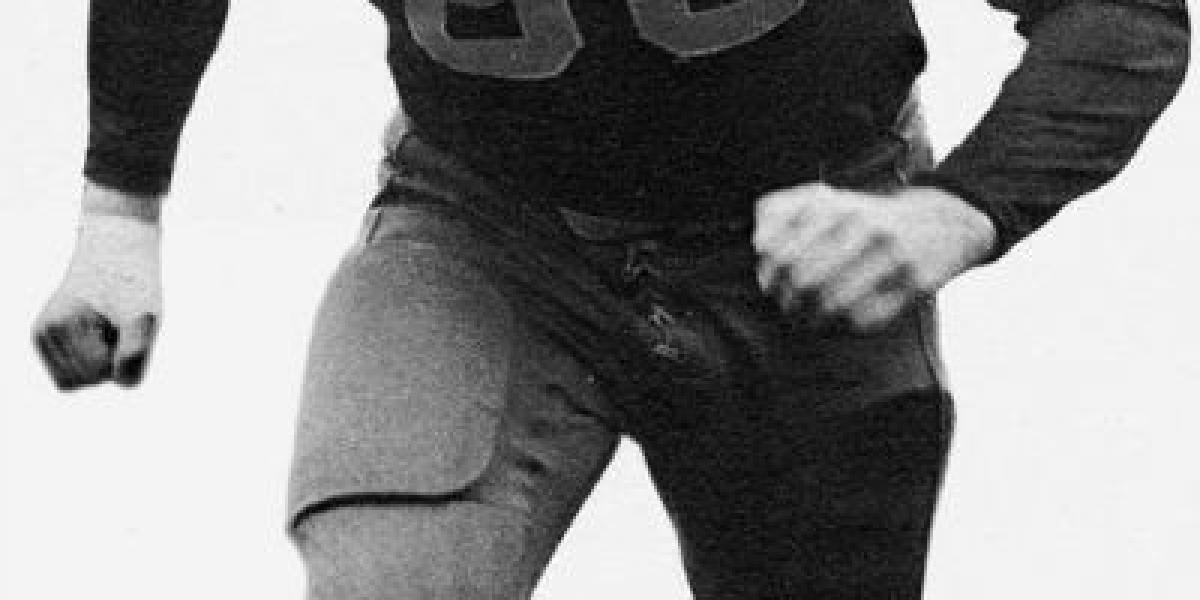Emerging from a Pittsburgh steel town, Schmidt brought that same unyielding tenacity to the football field. Drafted by the Lions in 1953, he quickly established himself as a force to be reckoned with. His physical presence, clocking in at 6'2" and 220 pounds of pure muscle, was matched only by his football IQ. He diagnosed plays with lightning speed, disrupting running lanes and leaving quarterbacks scrambling for protection.
But Schmidt wasn't just a bruiser. He was an artist of tackling, wrapping up ball carriers with textbook technique and precision. His relentless pursuit of the football earned him the nickname "The Lion Tamer," a fitting title for the player who seemed to control the chaos of the game with his calm yet determined presence.
His impact transcended individual statistics. He was a captain nine times, his leadership radiating from the huddle onto the field. He was the quarterback of the defense, calling plays and directing his teammates with a quiet confidence that demanded respect. His work ethic was legendary, inspiring younger players and pushing even the veterans to their limits.
Schmidt's career wasn't without challenges. Injuries and the changing landscape of the game ultimately shortened his time on the field. Yet, his legacy extends far beyond his playing days. He earned two Super Bowl appearances with the Lions, ten All-Pro selections, and induction into the Football Hall of Fame.
But his true testament lies in the memories he etched in the minds of Detroit fans. The bone-crunching tackles, the game-saving interceptions, the unwavering leadership – these are the echoes of Joe Schmidt's greatness, resonating through the stands of Ford Field long after his retirement. He wasn't just a football player; he was a symbol of Detroit's toughness, heart, and unyielding resilience.
When we speak of the iconic players who wore the Honolulu blue, Joe Schmidt's name stands tall among them. He wasn't flashy, but his quiet force changed the game.




